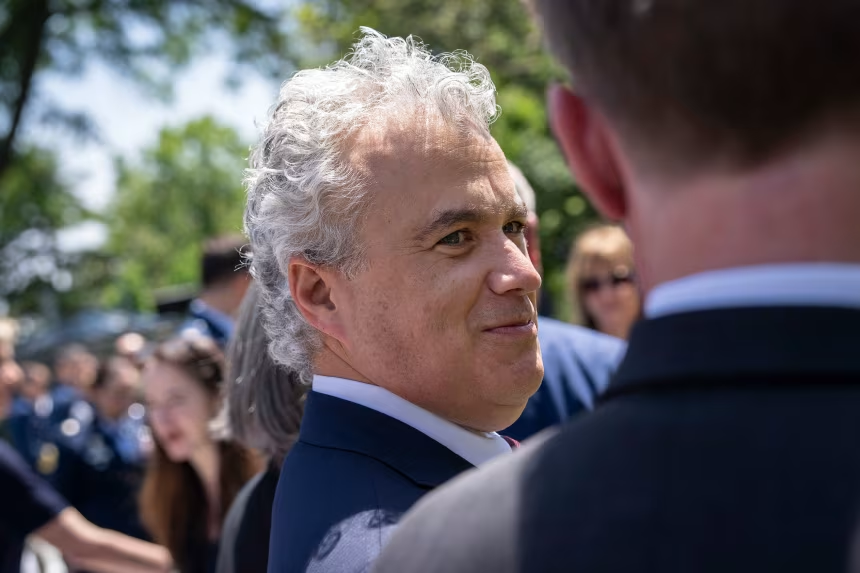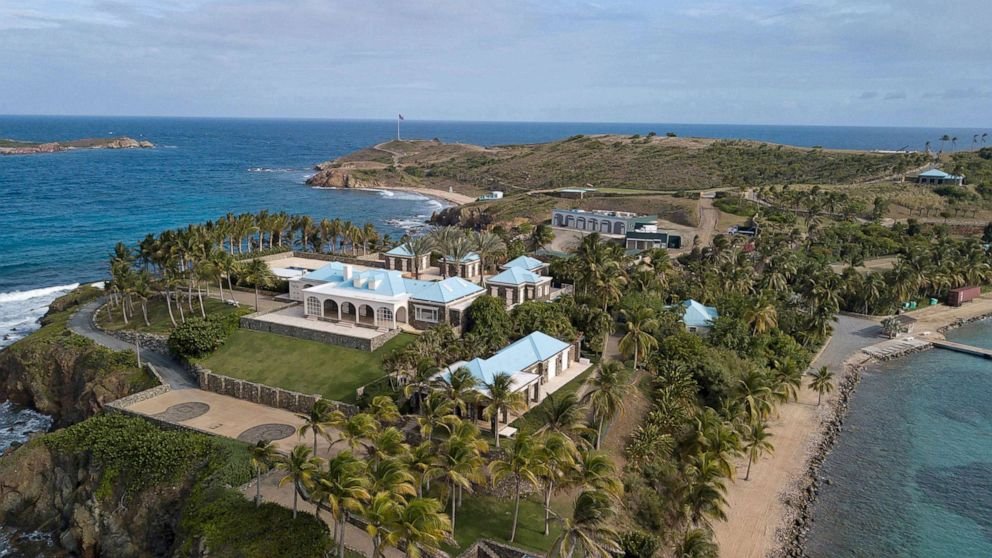Epstein Island, officially known as Little Saint James in the U.S. Virgin Islands, has long been shrouded in secrecy and scandal. Once owned by financier Jeffrey Epstein, the private island became infamous after revelations that it was a hub for trafficking, abuse, and secretive gatherings involving powerful figures from politics, business, and entertainment. Although Epstein
Epstein Island, officially known as Little Saint James in the U.S. Virgin Islands, has long been shrouded in secrecy and scandal. Once owned by financier Jeffrey Epstein, the private island became infamous after revelations that it was a hub for trafficking, abuse, and secretive gatherings involving powerful figures from politics, business, and entertainment. Although Epstein died in federal custody in 2019, the island remains a symbol of unanswered questions, legal battles, and public mistrust that continues to drive demands for transparency.

What is Epstein Island
Little Saint James was purchased by Jeffrey Epstein in 1998. Over the years investigators allege it became the center of a vast trafficking operation where underage girls were brought to be exploited. Court filings, testimonies, and survivor accounts suggest the island was frequented by high-profile guests. The full extent of who visited and what occurred there has never been made entirely public.
The property was sold in 2023 as part of the settlement of Epstein’s estate. Despite the sale, the island’s reputation ensures it will remain tied to ongoing investigations for years to come.

How Long the Investigations Have Been Going On
Federal and local investigations into Epstein’s activities began more than a decade before his arrest in 2019. The first major case dates back to 2005 when a Florida police department began probing allegations of sexual abuse. Epstein struck a controversial plea deal in 2008, avoiding significant prison time, which only intensified scrutiny. After his 2019 arrest on federal sex trafficking charges, prosecutors and investigators turned increasing attention to the island as the epicenter of his operation. Raids revealed documents, electronics, and other materials, though much remains sealed from the public.
Why People Are Pushing to Open the File Now
Recent political shifts and public pressure have brought Epstein Island back into the spotlight. Survivors and advocacy groups argue that too many details remain hidden and too many powerful names left unexamined. At the same time, media outlets have been pressing for unsealing of court documents connected to Epstein’s associates. For the public, the Epstein case represents more than one man—it raises questions about the reach of influence, the failures of accountability, and whether justice can truly be achieved when power is involved.

Why Trump Did Not Move to Open the File
During his presidency, Donald Trump faced questions about why his administration did not move aggressively to release files related to Epstein Island. While Trump publicly distanced himself from Epstein after their social ties in the early 2000s, critics suggest there was little appetite within his White House to pursue disclosures that could have entangled wealthy or politically influential figures across party lines. Some argue that Trump avoided the matter to shield political allies or avoid unnecessary battles, while others believe the Epstein case was already moving forward under the Department of Justice and did not require presidential intervention.
What Trump Is Doing Regarding It Now
In recent months, Trump has spoken about Epstein Island in the context of political attacks, framing renewed interest as an attempt to damage him or his allies. He has repeatedly claimed he had minimal connection to Epstein and that the island scandal implicates others far more deeply. Trump’s critics argue that his dismissive tone minimizes the seriousness of the case, while his supporters maintain that he is being unfairly targeted by attempts to link him to Epstein. The reality is that Trump has taken no concrete steps toward advancing public access to Epstein files since leaving office.
Why This Still Matters
The Epstein Island scandal continues to matter because it represents one of the starkest examples of how wealth and power can corrupt institutions meant to provide justice. Survivors continue to seek answers, courts continue to handle civil suits, and political figures face growing pressure to release sealed files.
As new testimonies, such as Jeff Zients’ recent interview concerning Biden’s health, highlight how much is scrutinized behind closed doors in Washington, the contrast is clear—Americans want transparency on issues that truly test accountability at the highest levels. Epstein Island remains at the top of that list.

















Leave a Comment
Your email address will not be published. Required fields are marked with *